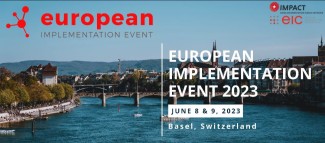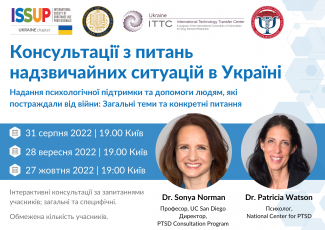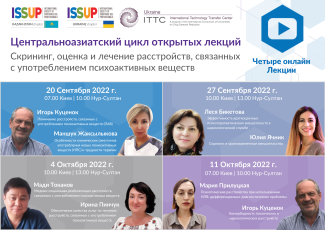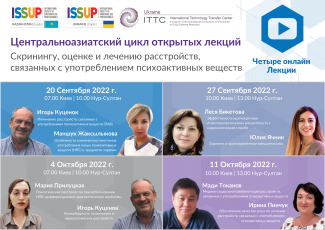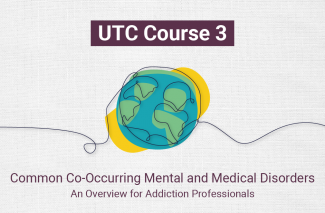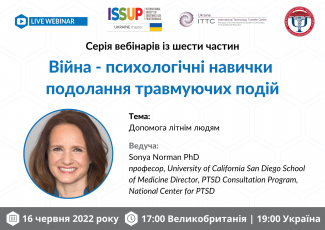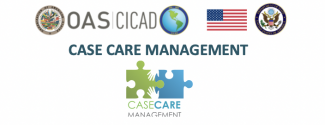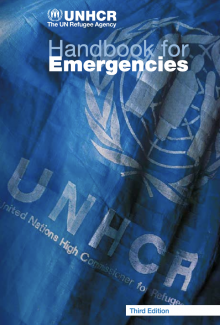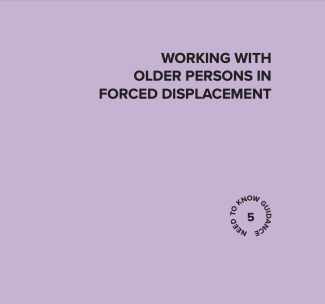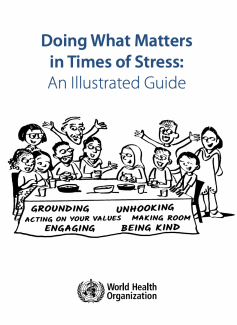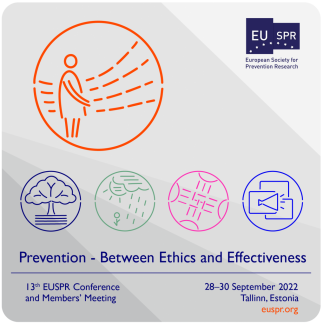Call for Speakers: side event at the 2023 ECOSOC Partnership Forum

The VNGOC together with NYNGOC and the UNODC Civil Society Unit is organizing an online side event in the margins of the 2023 ECOSOC Partnership Forum on 31 January 2023 at 8.30 AM. The event is titled: The central role of civil society in drug policies, COVID-19 and achieving the 2030 Agenda
|
VNGOC are looking for 3-4 civil society speakers from different regions wishing to present at the event, focusing on concrete examples of actions towards the 2030 targets and effective, evidence-based drug policies. The side event will highlight the important role of civil society in... |

